by David J. Lobina
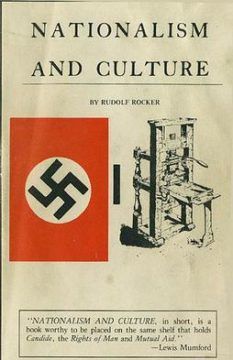
As I mentioned last month, the first thing one notes when approaching Rudolf Rocker’s 1937 book, Nationalism and Culture, is its impressive combination of breadth and depth, thus making it entirely unpublishable today. Not only that, and what’s worse, the book is also rather modern in outlook as well as original. The originality stems from Rocker’s interest in the practical effects of nationalism on the people that have to undergo the typical processes of becoming a “common people” (not something historians care much about), whilst the relevance of the overall account follows from the prescience of some of the ideas defended in the book.
The book itself is divided into two parts and spans nearly 600 pages. Book I traces the evolution of nationalism and its relationship to the expansion of the state, resulting in the reality of the nation-state, while Book II is a critical analysis of the notion that there is any type of homogeneity to any one national identity or nation. Remarkably, Book I anticipates some features of the modern study on nationalism, and something along these lines is also true of Book II vis-à-vis “the linguistic update of nationalism” I offered so long ago now, with the required modifications and adjustments. So let us deep-dive, as the nerds say nowadays.[i] Read more »

 In the middle 1990’s along with journal-editing I did another job in Berkeley which was even more arduous, but also in some ways quite exciting and instructive. I was invited by the campus academic senate to serve for 3 years in a high-powered committee that decided on all appointments, promotions, salaries and merit payment increases for all Berkeley faculty (then roughly about 2,000 in size). This committee is called the Budget Committee in Berkeley; technically it advises the Chancellor, but the latter took our advice in 99% of cases—in the less than 1% cases when the Chancellor did not follow our advice, the rule was that the Chancellor was obliged to meet us in a special session of the committee and explain why he/she would not follow our advice (most often this involved some legal issues) and we had a chance to rebut their arguments.
In the middle 1990’s along with journal-editing I did another job in Berkeley which was even more arduous, but also in some ways quite exciting and instructive. I was invited by the campus academic senate to serve for 3 years in a high-powered committee that decided on all appointments, promotions, salaries and merit payment increases for all Berkeley faculty (then roughly about 2,000 in size). This committee is called the Budget Committee in Berkeley; technically it advises the Chancellor, but the latter took our advice in 99% of cases—in the less than 1% cases when the Chancellor did not follow our advice, the rule was that the Chancellor was obliged to meet us in a special session of the committee and explain why he/she would not follow our advice (most often this involved some legal issues) and we had a chance to rebut their arguments.
 In his book
In his book 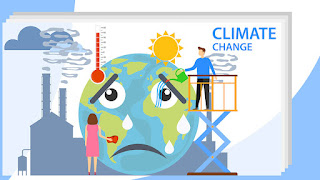
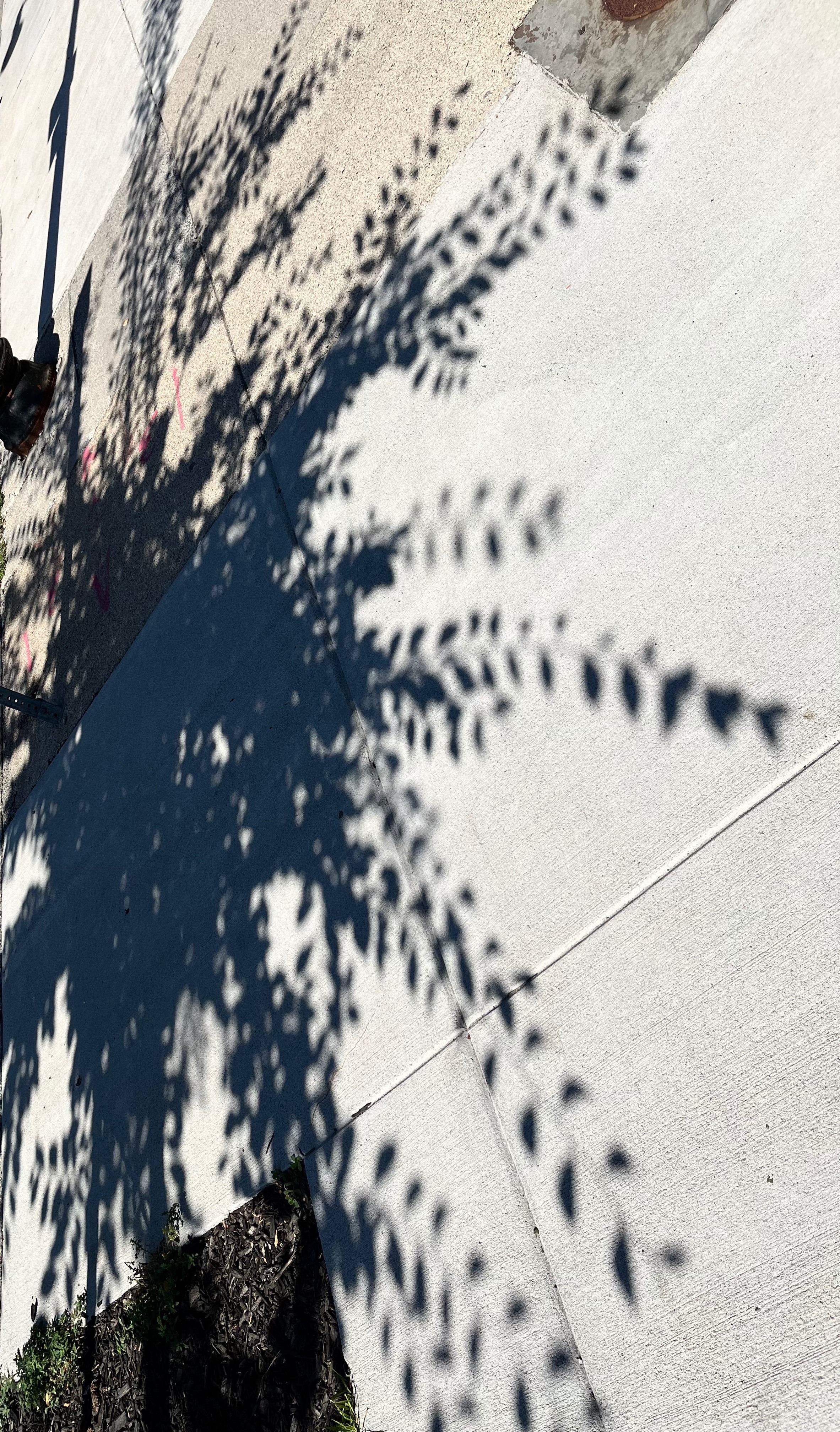 Sughra Raza. This Moment … late June 2022.
Sughra Raza. This Moment … late June 2022. I know
I know 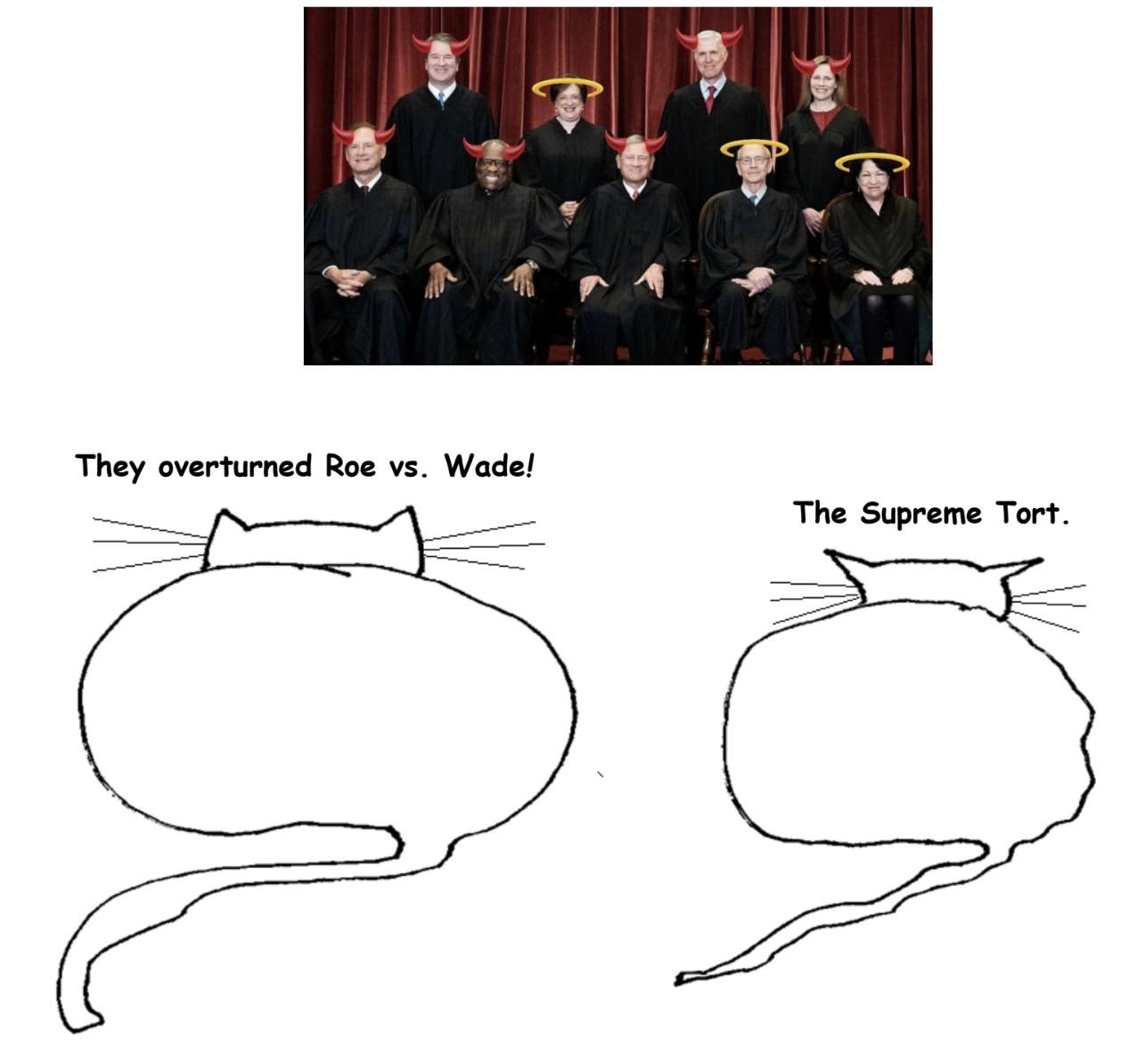
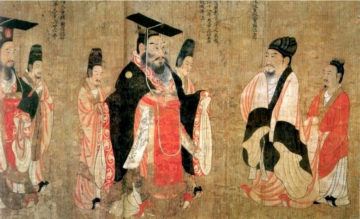

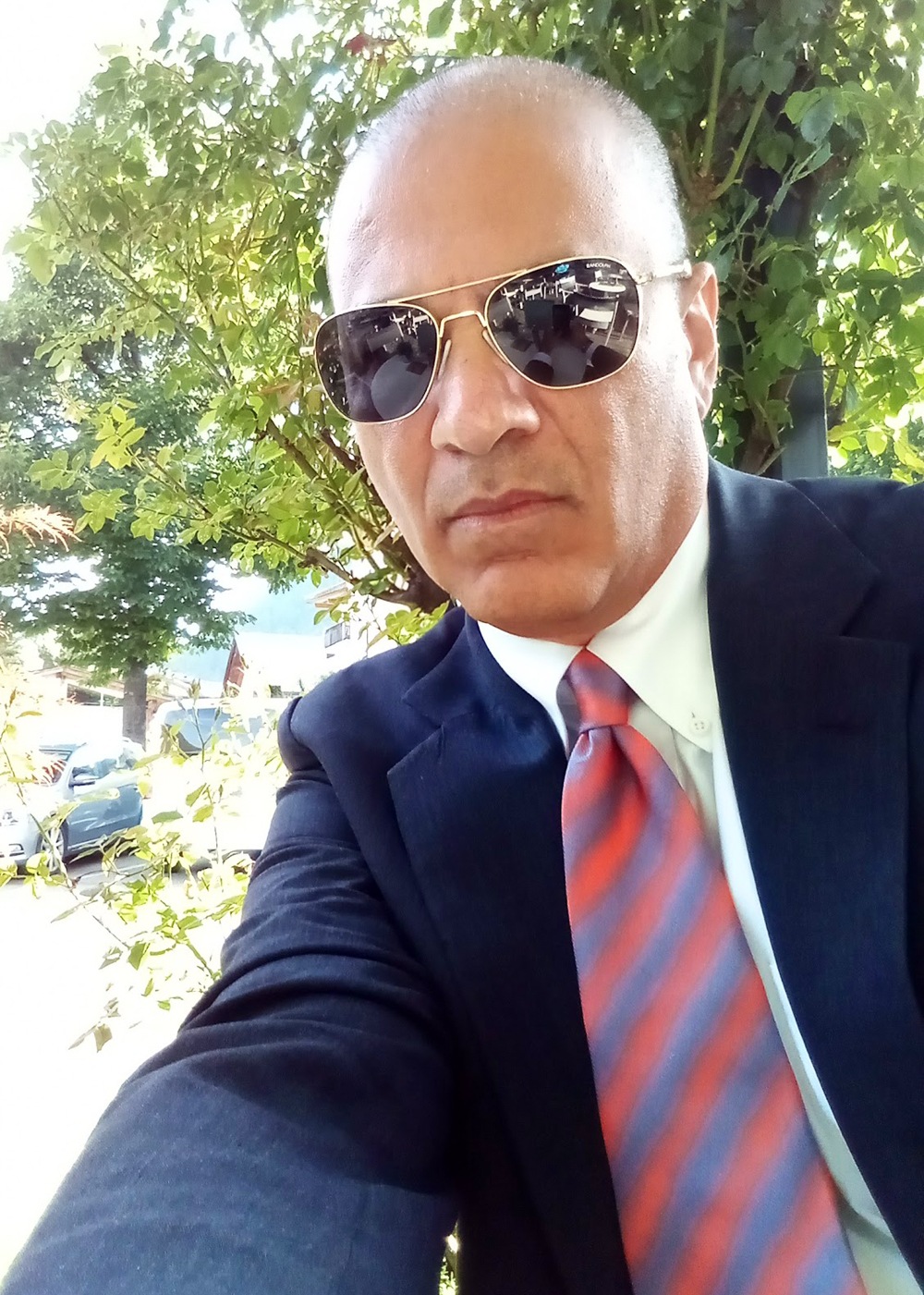
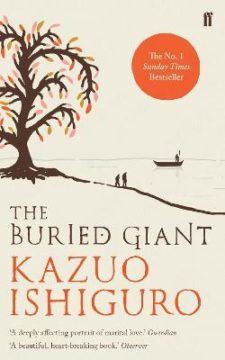
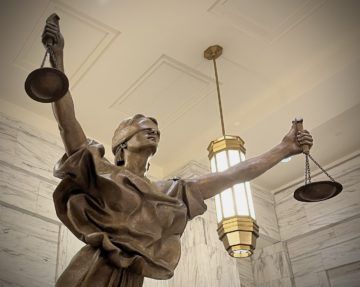 Carved in marble above the entrance to the Supreme Court Building is the motto: “Equal Justice Under The Law.”
Carved in marble above the entrance to the Supreme Court Building is the motto: “Equal Justice Under The Law.”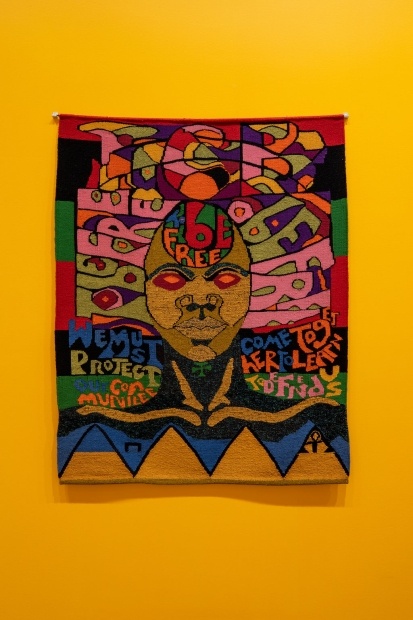 Napoleon Jones-Henderson. TCB, 1970.
Napoleon Jones-Henderson. TCB, 1970.

 Dreams are about questions.
Dreams are about questions.